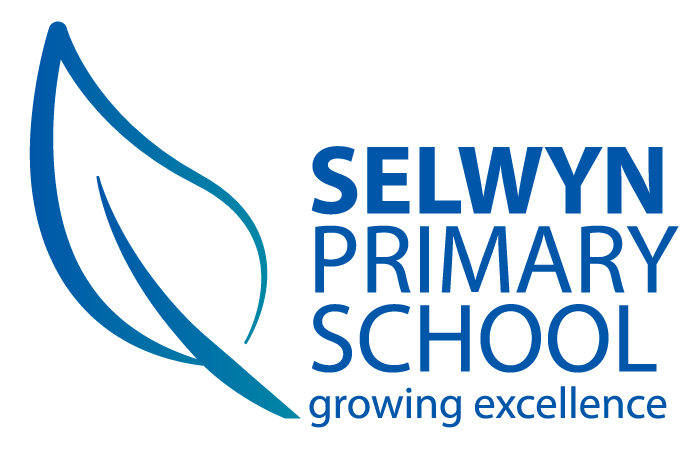Science
Aims
We teach a high-quality science education curriculum that provides the foundations for understanding the world through the specific disciplines of biology, chemistry and physics. Science has changed our lives and is vital to the world’s future prosperity, and all our children should be taught essential aspects of the knowledge, methods, processes and uses of science. Through building up a body of key foundational knowledge and concepts, our children are encouraged to recognise the power of rational explanation and develop a sense of excitement and curiosity about natural phenomena. They are encouraged to understand how science can be used to explain what is occurring, predict how things will behave, and analyse causes.
Our curriculum ensure that all our children develop scientific knowledge and conceptual understanding through the specific disciplines of biology, chemistry and physics. They also develop understanding of the nature, processes and methods of science through different types of science enquiries that help them to answer scientific questions about the world around them. Our children are also equipped with the scientific knowledge required to understand the uses and implications of science, today and for the future. Our curriculum ensures that pupils develop scientific vocabulary and articulate scientific concepts clearly and precisely.
We aim for children to develop scientific knowledge and conceptual understanding. They will also develop ideas about everyday phenomena and use technical terminology accurately and precisely. Our children will build up an extended specialist vocabulary and apply their mathematical knowledge to their understanding of science, including collecting, presenting and analysing data. They will understand the social and economic implications of science as well as develop their understanding of the nature, processes and methods of science by ‘working scientifically’. Our children will use a variety of approaches to answer relevant scientific questions and be curious and ask questions about what they notice. They will broaden their scientific view of the world around them and recognise that scientific ideas change and develop over time.
Teachers will provide opportunities for children to experience and observe phenomena and observe changes over time. Our children will look for patterns in findings and identify, classify and group information. They will carry out comparative and fair testing (controlled investigations); research using secondary sources and collect, analyse and present data. The curriculum will develop their ability to ask questions about what they observe and make decisions about which types of scientific enquiry are likely to be the best ways of answering them. They will experience first-hand practical lessons and analyse functions, relationships and interactions systematically. Our children will draw conclusions based on their data and observations, use evidence to justify their ideas and use their scientific knowledge and understanding to explain their findings.
| Term | Year 1 | Year 2 | Year 3 | Year 4 | Year 5 | Year 6 |
|---|---|---|---|---|---|---|
| Autumn | Plants and seasonality | Living things and their habitats | Rocks & forces and magnets | Living things and their habitats & Animals, including humans | Earth and Space & Forces | Living things and their habitats & Animals including humans |
| Spring | Everyday materials | Uses of everyday materials | Plants | States of matter | Living things and their habitats | Evolution and inheritance |
| Summer | Animals , including humans | Animals, including humans | Animals, including humans & Light | Sound & Electricity | Properties and changes of materials | Electricity & Light |
